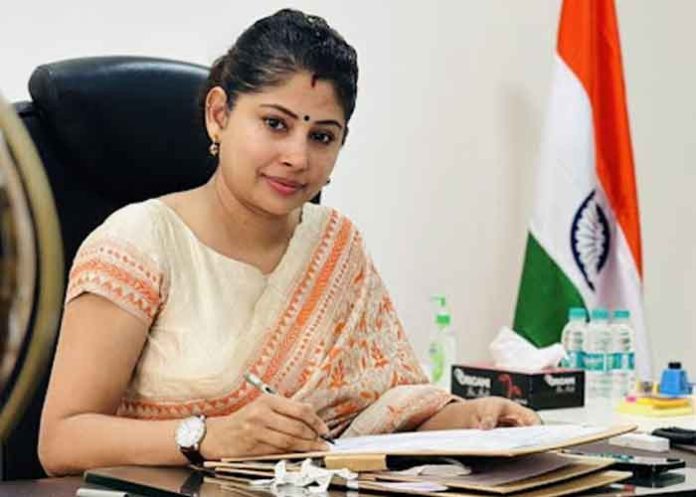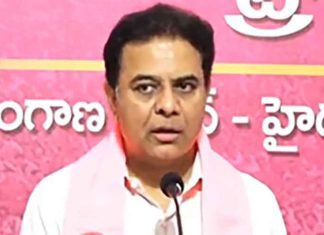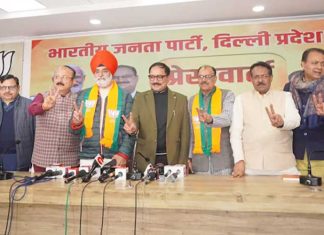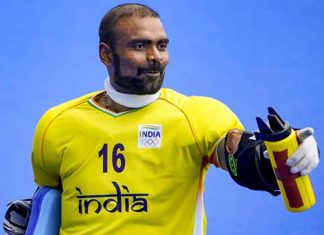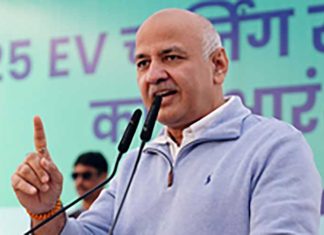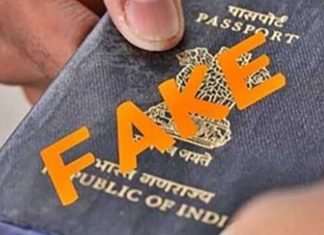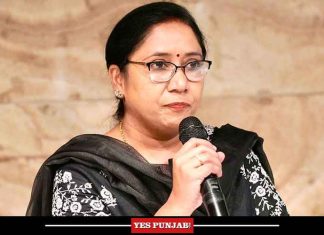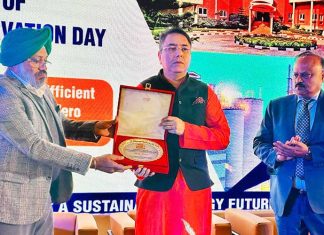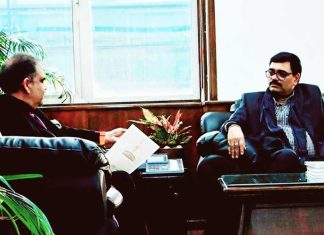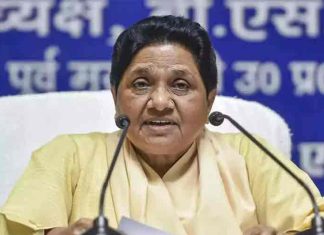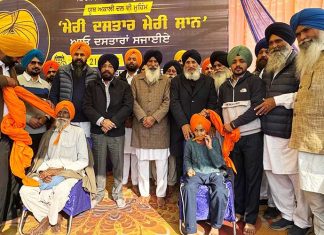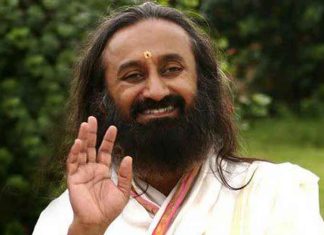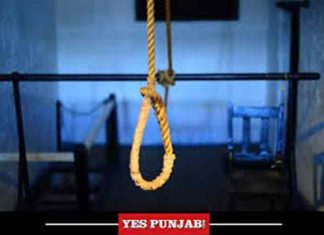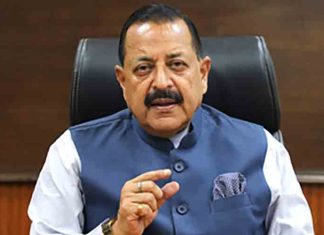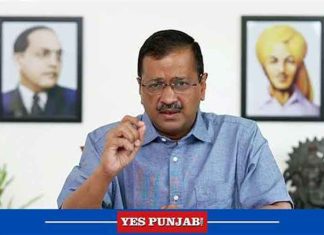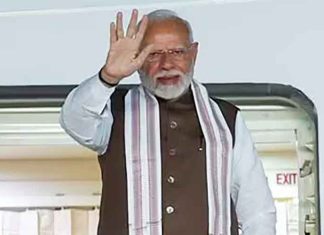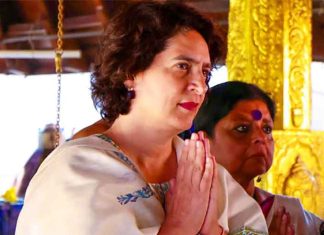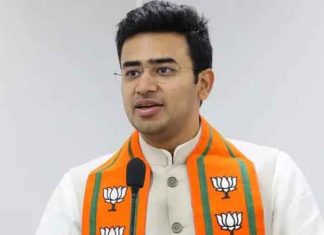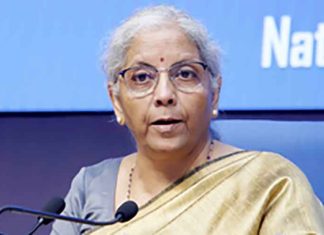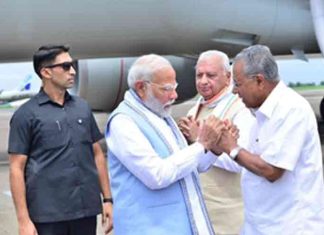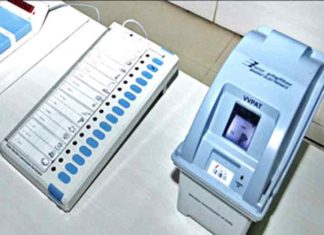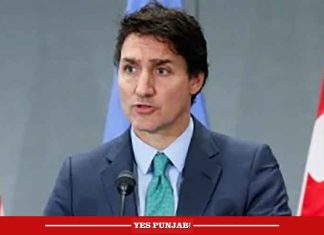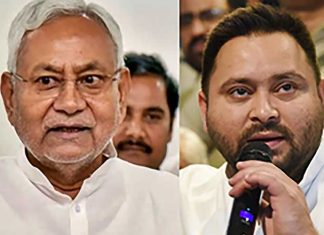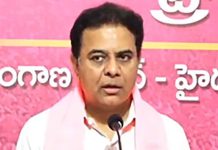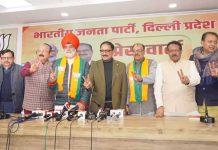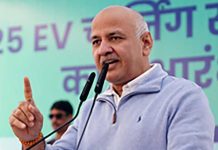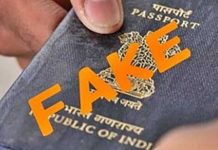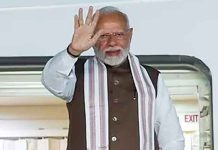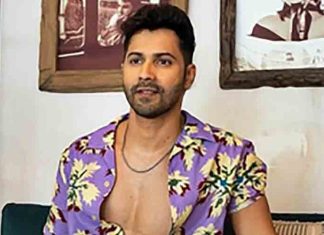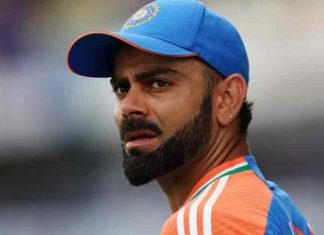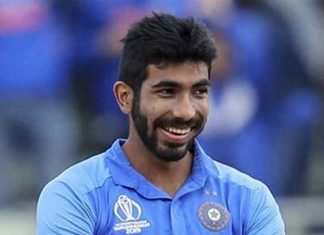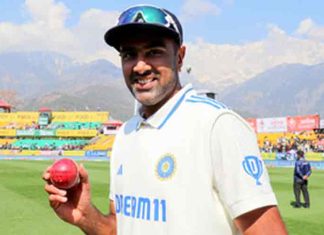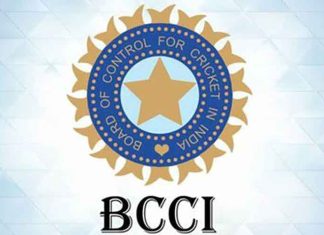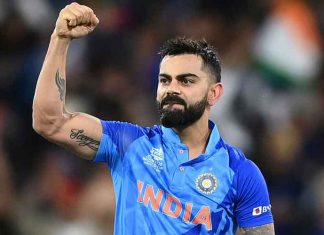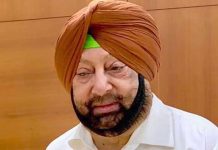Hyderabad, October 3, 2024 (Yes Punjab News)
IAS officer Smita Sabharwal has expressed her disapproval over remarks made by Telangana Minister Konda Surekha regarding actress Samantha Ruth Prabhu’s divorce from Naga Chaitanya.
Sabharwal, taking to social media, condemned the minister’s comments, calling for a more respectful and healthy discourse in public life. She criticized the tendency to use women as “click baits” for sensationalism, particularly in the media, and urged political figures to refrain from making personal matters a part of political agendas. This comes amid a growing backlash against Surekha’s comments, which were later retracted following widespread criticism.
The Beginning of the Controversy
The controversy began when Konda Surekha made comments linking the high-profile divorce of actress Samantha Ruth Prabhu and actor Naga Chaitanya to political figures. These comments drew attention due to their personal nature and the involvement of public figures. The minister’s remarks quickly became a topic of debate across social media and news platforms, bringing the personal lives of celebrities into the political spotlight.
The Involvement of BRS Working President K.T. Rama Rao
The situation escalated when Konda Surekha’s comments implied a connection between the Bharat Rashtra Samithi (BRS) working president K.T. Rama Rao (KTR) and the actor couple’s divorce. This statement, which had no factual basis, led to a significant backlash. KTR, one of Telangana’s most prominent political figures, issued a legal notice to the minister, demanding that she retract her remarks or face legal consequences. The involvement of KTR only fueled the controversy further, drawing even more attention from the public and the media.
Samantha Ruth Prabhu’s Response
Amid the uproar, actress Samantha Ruth Prabhu took a dignified stand. She clarified that her divorce from Naga Chaitanya was a personal matter, resolved amicably and with mutual consent. Samantha urged the minister to refrain from trivializing her personal journey and called for respect and responsibility when addressing sensitive issues related to individuals’ private lives.
Samantha’s response emphasized the need for public figures to be mindful of their words, especially when discussing personal matters that have no bearing on political discourse. Her statement resonated with many who felt that the actress’s personal life was being unfairly dragged into political mudslinging.
Smita Sabharwal’s Criticism of the Minister’s Remarks
IAS officer Smita Sabharwal, a respected figure in the administrative services, also weighed in on the matter. Expressing her shock and disappointment, Sabharwal took to social media to criticize Konda Surekha’s remarks. She stated, “Women across the spectrum are used as click baits, thumbnails for sensationalism, to grab eyeballs.” This comment highlighted the broader issue of how women, regardless of their profession, are often objectified or reduced to mere gossip in the media.
Sabharwal went on to address the dangers of such statements in public life. “Everything cannot be for politics. Let us build a healthy discourse in public life,” she wrote, urging political leaders to maintain a sense of decorum and responsibility. Drawing from her own experiences, Sabharwal remarked that the higher a woman rises based on merit and hard work, the more significant the efforts to slander and undermine her.
The Role of Media in Amplifying Sensationalism
One of the central themes emerging from this controversy is the role that media plays in amplifying sensationalist narratives. As Sabharwal pointed out, women—whether they are actresses, politicians, or civil servants—are often used as “click bait” to attract viewers and readers. In the case of Samantha Ruth Prabhu’s divorce, the media was quick to latch onto any and all statements related to her personal life, further sensationalizing the issue. This raises questions about the ethics of journalism and the responsibility of media outlets to report news without exploiting individuals’ private lives for ratings or clicks.
The Pressure on Celebrities to Address Personal Matters Publicly
In today’s digital age, celebrities are frequently pressured to address their personal matters publicly, whether they want to or not. This is particularly true for high-profile individuals like Samantha Ruth Prabhu, whose every move is scrutinized by the media and the public. While Samantha handled the situation with grace, it underscores the constant pressure celebrities face to clarify or defend themselves, even when the issue at hand is deeply personal.
The Minister’s Retraction and Apology
After facing widespread criticism from both the public and prominent figures, Konda Surekha issued a retraction and apology for her remarks. In a public statement, the minister acknowledged that her comments may have offended Samantha and her fans, and she unconditionally retracted them. This apology, while an attempt to put an end to the controversy, did little to erase the damage already done by the initial comments.
The minister’s apology also highlights a common pattern in public life: the use of retractions and apologies as a way to mitigate backlash after making inappropriate or hurtful remarks. While apologies are necessary in such situations, they do not always repair the harm caused, especially when the original comments were deeply personal or sensational.
Legal Implications of the Controversy
In addition to public outrage, the controversy also had legal ramifications. As mentioned earlier, K.T. Rama Rao, who was directly implicated in the minister’s comments, issued a legal notice to Konda Surekha. He demanded that she withdraw her remarks or face legal action. While the minister complied and retracted her statements, the legal aspect of this controversy serves as a reminder that words have consequences, especially when they involve defamation or false accusations.
The Impact on Samantha, Naga Chaitanya, and Their Families
For Samantha Ruth Prabhu, Naga Chaitanya, and their respective families, this controversy was undoubtedly an added burden in what is already a deeply personal matter. Both Samantha and Naga Chaitanya have consistently maintained a respectful silence about their divorce, choosing not to divulge details to the public. The intrusion of political figures and the media into their personal lives only exacerbated the emotional toll of their separation.
Naga Chaitanya’s father, actor Nagarjuna, also expressed his disappointment in the minister’s remarks, further highlighting the impact this controversy had on the family. For public figures like Samantha, Naga Chaitanya, and Nagarjuna, such incidents serve as a reminder that their personal lives are often seen as fair game for public scrutiny, even when they should not be.
The Need for Responsible Public Discourse
The controversy surrounding Konda Surekha’s remarks underscores a larger issue in today’s public discourse: the need for responsibility and respect when discussing individuals’ personal lives. Public figures, whether they are politicians, celebrities, or civil servants, have a duty to maintain a level of decorum in their statements. Sensationalism and gossip should not take precedence over integrity and respect for privacy.
A Call for Respect and Privacy
In conclusion, the controversy sparked by Konda Surekha’s remarks about Samantha Ruth Prabhu’s divorce highlights the dangers of using personal matters for political gain. While the minister eventually retracted her statements, the damage had already been done, reminding us all of the importance of responsible public discourse. Celebrities like Samantha deserve respect and privacy, especially when dealing with personal challenges. As public figures and media consumers, we must strive to build a culture that values dignity and truth over sensationalism and gossip.
FAQs
1. Why did Konda Surekha make comments about Samantha’s divorce?
– The minister made comments linking Samantha’s divorce to political figures, which sparked controversy and backlash.
2. How did Samantha respond to the controversy?
– Samantha clarified that her divorce was a mutual and amicable decision, and she urged the minister to respect her privacy.
3. What did IAS officer Smita Sabharwal say about the situation?
– Smita Sabharwal criticized the minister’s remarks, calling for a healthy and respectful public discourse, particularly concerning women.
4. Did the minister apologize for her comments?
– Yes, Konda Surekha retracted her statements and issued an apology to Samantha and her fans.
5. What was K.T. Rama Rao’s involvement in the controversy?
– K.T. Rama Rao, who was indirectly implicated in the minister’s comments, issued a legal notice demanding a retraction.




